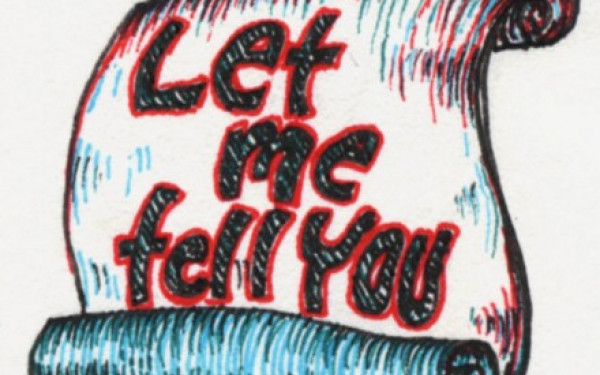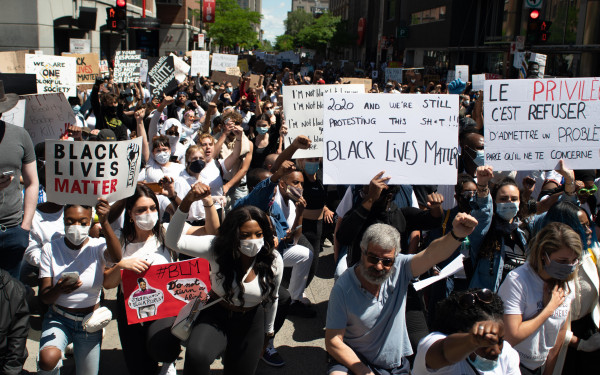A Radical History
A briefing on past tensions within ConU.
The “Computer Centre Incident”
In 1969, the Hall Building was host to the largest occupation in Canadian university history. Six black West Indian students at Sir George Williams University, which would merge with Loyola College in 1974 to become Concordia University, had accused biology professor Perry Anderson of systematic racism. Students rallied around the cause and approached The Georgian, which would merge with The Loyola News in 1980 to form The Link. Then-Editor-in-Chief David Bowman handed the editorial reins to the students for their Jan. 28 issue, which would be known as “The Black Georgian” for its nearly all-black cover.
The issue’s radical content, which included information about the university’s Computer Centre being a security vulnerability, led to all copies being seized by the RCMP (to our knowledge no copies of the issue exist today), and the resignation of the The Georgian’s editorial board.
The following day, hundreds of students walked out on Anderson’s hearing, which was held by an all-white panel of four professors. They immediately occupied the Computer Centre for 13 days, resulting in $3 million in damages, with students throwing computer equipment out the window.
The Hall Building windows have remained hermetically sealed ever since.
The Netanyahu Riot
In 2002, Israeli Prime Minister Benjamin Netanyahu planned to speak at Concordia. There was reportedly no question period and the audience members were handpicked. On the day of the proposed talk protests escalated, resulting in broken Hall Building windows and riot police storming the Hall Building mezzanine.
Many student activists were expelled in the aftermath, and a month-long moratorium was imposed on Middle East-related events.
Tuition Protests
Tuition in Quebec has been largely frozen since the Quiet Revolution, and history has shown that student protest action has played an instrumental role in keeping it down. The most recent iteration of such action was the largest student movement in Canada’s history, which saw the popularization of the term printemps érable, which translates to “Maple Spring” in French (a play on words on the 2011 Arab Spring).
Students took to the streets all over Quebec—in Montreal for over 100 near-consecutive days—to protest the 75 per cent increase in tuition over five years.
Jean Charest’s Liberal government passed a law putting limitations on the freedom to assemble, which transformed the movement into a larger protest for free speech.
The move effectively ended his nine-year stint as premier, with an election called to resolve the tuition crisis.
The Parti Québécois gained power and cancelled the hike, instead indexing tuition to the rise in the average family’s disposable income. The special law limiting protests was also struck down, but similar changes to city bylaws have remained. In Montreal, municipal bylaw P-6 now requires demonstrators to notify police of their protest route and bars demonstrators from covering their face.




0_600_375_90_s_c1.jpg)


__600_375_s_c1.png)